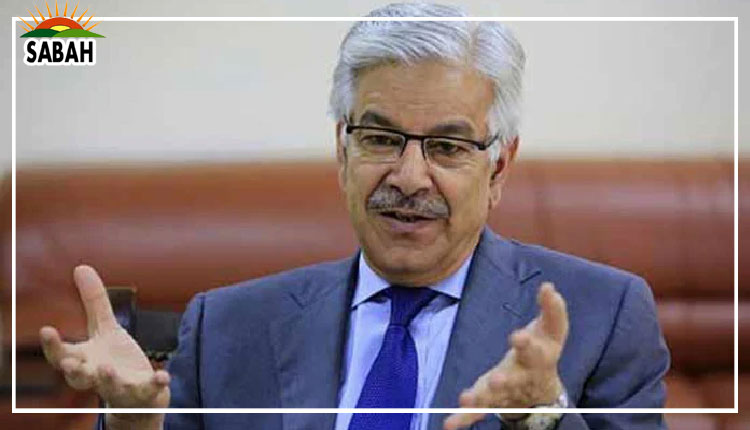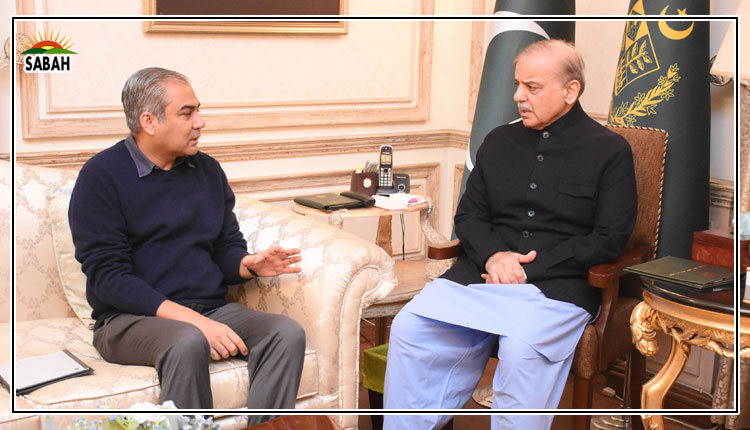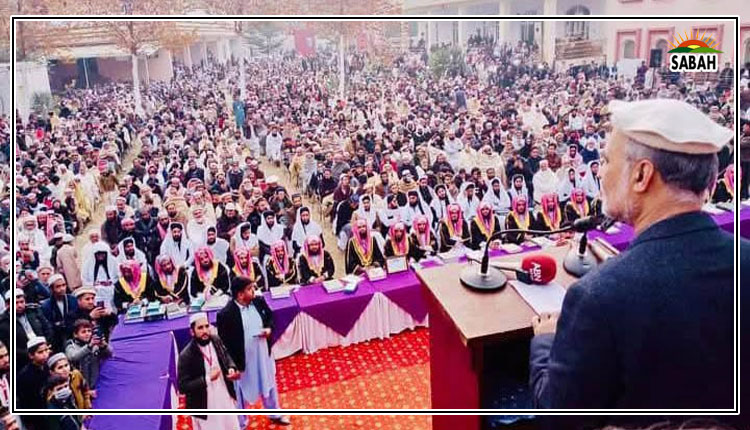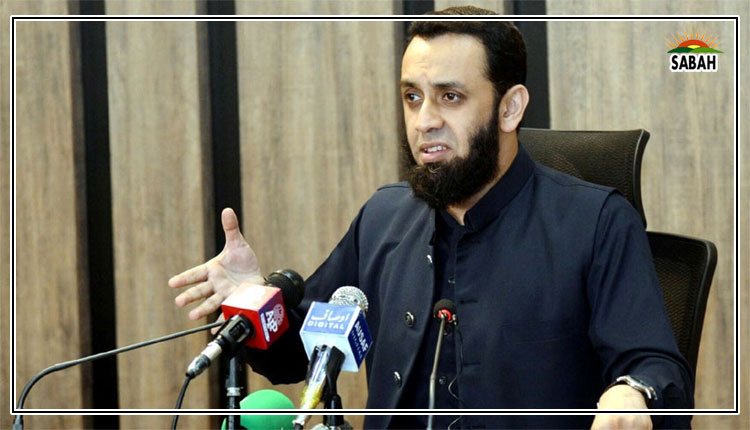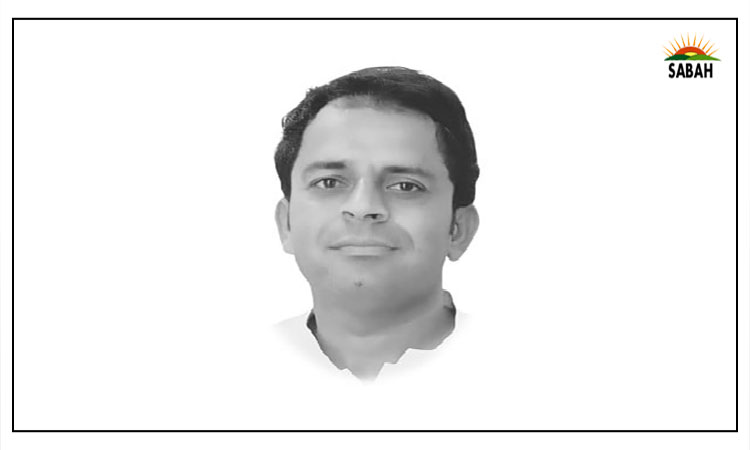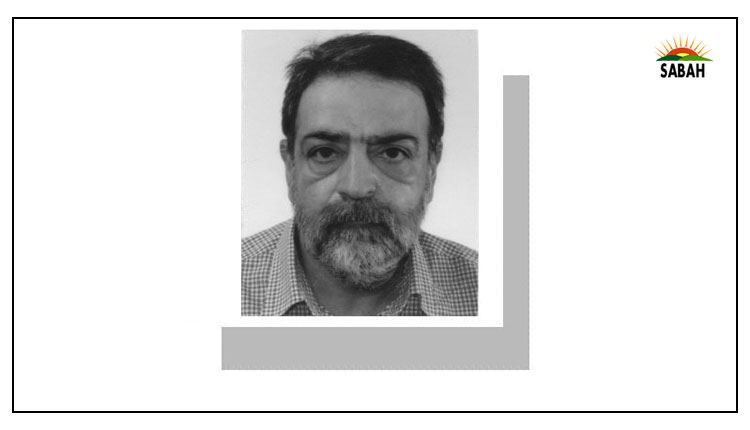A polarising star…Mahir Ali
HARRY Belafonte was among that rare breed of cultural icons who become more radical as they age. He did not merely capture the zeitgeist of a transformative period in American history he was among its architects.
Back in 2006, he was disinvited from the last rites of Coretta Scott King, the widow of Martin Luther King Jr, in 2006 because the then president, George W. Bush, had agreed to attend, and during a visit to Venezuela just a few days earlier, Belafonte had called out Bush as the greatest terrorist of his age because of what had transpired in Iraq since 2003.
He later regretted the greatest appellation but not the terrorist condemnation. A few years before that, Belafonte had dismissed Colin Powell, Bushs secretary of state, as a house slave, and felt vindicated when Powell laid out a nonsensical case for aggression before the UN.
Even though Belafontes opposition to his nations foreign policy went back a long way, it is unlikely he would have deployed similar language, at least in public, during the 1960s or 1970s, notwithstanding his outrage against what was happening in Vietnam courtesy of the American war machine.
Belafontes career as an entertainer dates back to the 1940s, when his aim to be a star of the screen or stage took him to academies where he befriended the likes of Marlon Brando, Paul Newman and Tony Curtis. Cast as a troubadour in a performance of John Steinbecks Of Mice and Men, where he sang Leadbelly and Woody Guthrie songs between scene changes, he attracted the interest of impresarios who persuaded him to try out as a singer.
On his first turn on the stage, Belafontes vocal performance was backed by a bunch of jazz wizards including Charlie Parker. A subsequent stint at the Village Vanguard in New Yorks Greenwich Village brought him face to face with an audience member Belafonte already knew and considered a mentor. Get them to sing your song, Paul Robeson advised him, and theyll want to know who you are.
Belafonte never forgot that lesson. Decades later, he called his searingly honest autobiography My Song, and a related documentary was titled Sing Your Song. He also never forgot to credit Robeson with sparking his rebellion, eventually claiming that his entire life had been a homage to Robeson, whose artistry and activism had been inseparable since the 1930s.
By the time Belafonte embraced Robeson as a role model, the latter had already, in 21st-century terms, been cancelled as someone who broadly admired the Soviet Union, did not hesitate to speak out against American apartheid on his foreign journeys, and unequivocally backed decolonisation in Africa and Asia. Belafonte was keen to avoid that fate without compromising his integrity.
His annus mirabilis came in 1956, when Calypso which kicked off with Day-O (The Banana Boat Song) became the worlds first million selling LP, and his recordings competed on the charts with the startling initial outpourings of a youngster known as Elvis Presley. The same year he also received a phone call from a young preacher, requesting a meeting. Belafonte agreed, and the scheduled 30-minute encounter with Martin Luther King Jr stretched to five hours. By the end of that conversation, Belafonte was effectively a devotee.
He subsequently became the leading contributor to the cause, but it went beyond cash he put his person on the line whenever the need arose, and also served as an organiser. He conjured up the star power, from the radical Brando to the reactionary Charlton Heston, that helped to turn the 1963 March on Washington into a phenomenon that attracted nationwide attention.
Belafonte concedes in his autobiography that in the 1960s his calling as an activist overtook his aspirations as an entertainer. A key week came in the tumultuous year 1968, when popular NBC talk show host Johnny Carson persuaded Belafonte to take his place for a week and vast TV audiences were introduced to an America that had hitherto eluded them. The incredible guest list included King and Robert F. Kennedy (RFK), both of whom would be assassinated within months.
Belafonte had been wary of the Kennedys when they initially approached him for an endorsement in 1960, and alarmed when RFK was named attorney general by his brother. But King saw something in the younger Kennedy and told Belafonte to find RFKs moral centre. He managed to do so.
It would be impossible to sum up Belafontes previous or subsequent accomplishments, flaws, aspirations or inspirations ranging from Nelson Mandela to Fidel Castro and Hugo Chvez in this limited space. Suffice it to say that he never let go of his hopes for a better world and a less offensive America. He didnt live to see either of those, but as one obituary put it, He didnt stop until he dropped. One can only add a secular amen to that.
Courtesy Dawn



